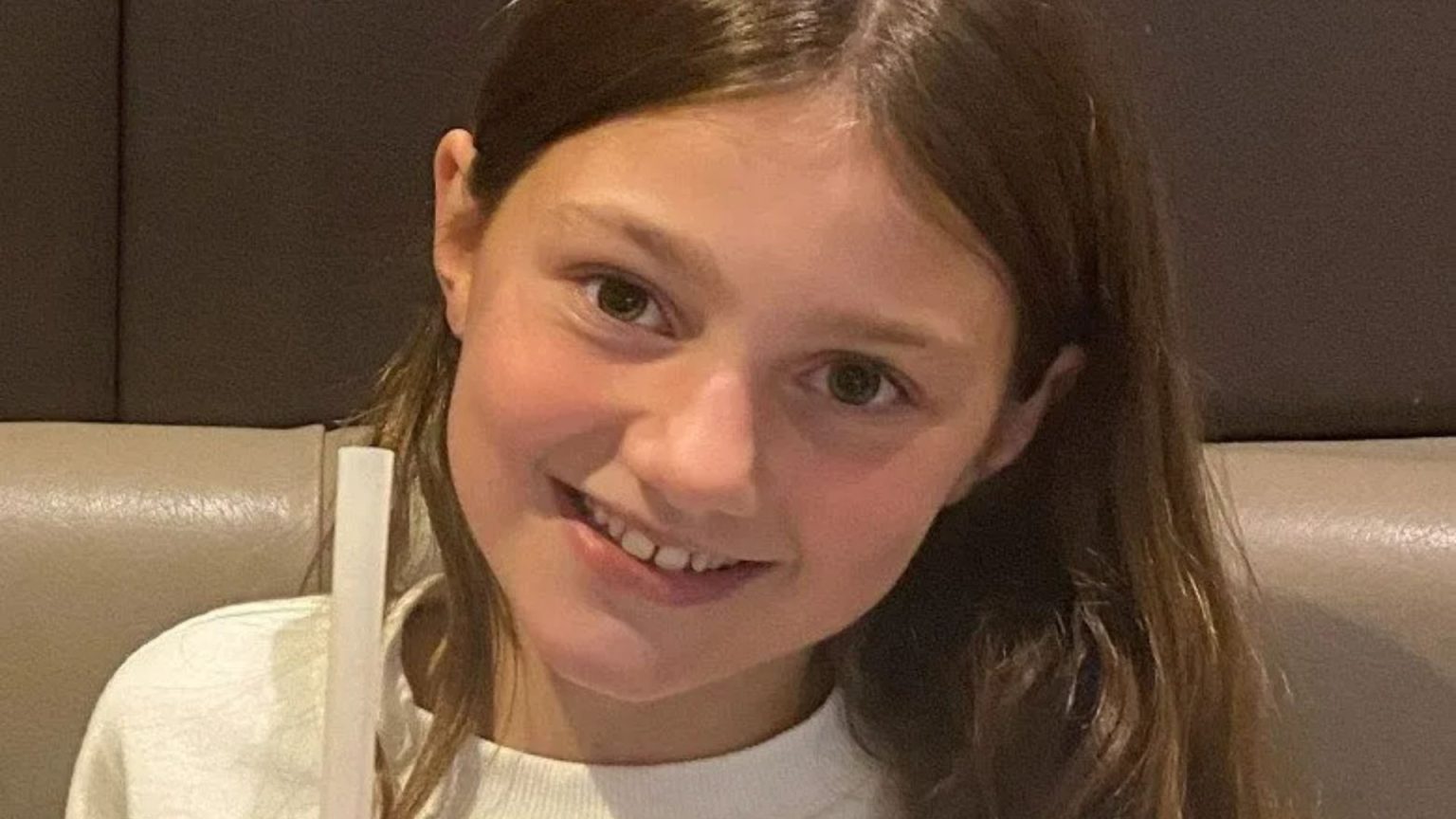Connie Campbell’s journey began with a seemingly innocuous family outing to Thorpe Park in August 2022. Just 11 years old at the time, Connie started experiencing debilitating headaches and bouts of vomiting a few days after returning home. Initially, these symptoms were dismissed as possible migraines, a condition her mother, Tina, also suffered from. Despite Connie’s persistence in attending her newly started secondary school, she would frequently wake up feeling ill, forcing her to miss valuable learning time. Concerned but not unduly alarmed, Tina followed medical advice to monitor the situation and return if the symptoms persisted.
However, Connie’s condition showed no signs of improvement. The recurring episodes of headaches and vomiting continued, prompting Tina to seek further medical attention. Unsure of the best course of action, and fearing a dismissive response from a busy emergency room, Tina contacted the NHS 111 service. Following a consultation with their GP, Connie was referred to Whipps Cross University Hospital for an MRI scan to investigate the underlying cause of her persistent symptoms. Unfortunately, Connie’s condition deteriorated further before the scheduled MRI appointment.
On October 1, 2022, driven by escalating concerns, Tina took Connie to the hospital for a CT scan. The results delivered a devastating blow: Connie had a brain tumor. The news sent shockwaves through the family, and Connie was immediately transferred to Great Ormond Street Hospital, a renowned specialist center for pediatric care. Subsequent tests, including a second MRI, revealed that the tumor, which was the size of a small orange, was localized to her brain and had not spread to her spine.
Surgical intervention was swift, and the tumor was successfully removed. A biopsy confirmed the worst fears: Connie had a grade four medulloblastoma, an aggressive form of brain cancer. Further analysis revealed the presence of large anaplastic cells, categorizing Connie’s case as high-risk. The battle had just begun. In November 2022, Connie embarked on a grueling chemotherapy regimen, which continued throughout December. Following chemotherapy, in early 2023, Connie underwent 30 sessions of conventional radiotherapy at University College London Hospital (UCLH). Throughout this arduous treatment process, measures were taken to preserve Connie’s fertility through egg cryopreservation, offering a glimmer of hope for the future.
The impact of Connie’s diagnosis and treatment has been profound. She has missed a year of school and experienced developmental delays, a stark reminder of the toll that cancer takes on young lives. Brain tumors are the most lethal cancer in children and adults under 40, significantly reducing life expectancy. The nine most common symptoms include headaches, seizures, nausea, vomiting, memory problems, personality changes, weakness or paralysis on one side of the body, vision problems, and speech difficulties. Any individual experiencing these symptoms, especially a headache that feels different from usual, is urged to seek immediate medical attention.
Despite the challenges, Connie’s story is one of resilience and hope. Her mother, Tina, inspired by her daughter’s bravery, is determined to raise awareness and funds for Brain Tumour Research. Tina, along with her friend Lucy, is training for the London Marathon in April 2025, channeling her energy and determination into supporting a cause close to her heart. This endeavor not only represents a personal challenge but also a powerful testament to the unwavering support and love of a mother for her daughter.
Tina’s decision to run the marathon has been met with a mixture of surprise and pride from her family. They recognize the magnitude of the undertaking and the emotional significance it holds. For Tina, the marathon is more than just a race; it’s a symbol of hope, a tribute to Connie’s strength, and a commitment to raising awareness for a devastating disease that affects thousands of families every year. The funds raised will contribute to vital research, ultimately aiming to improve outcomes and offer hope to those facing the daunting challenge of a brain tumor diagnosis.
Brain tumors represent a formidable health challenge, affecting over 12,000 people in the UK annually, with approximately half of these cases being cancerous. Tragically, around 5,300 lives are lost to this disease each year. The statistics underscore the urgent need for greater awareness, increased research funding, and improved treatment options. Brain tumors come in two main types: benign (non-cancerous) and malignant (cancerous). Benign tumors grow more slowly and are less likely to recur after treatment, while malignant tumors can originate in the brain or spread from other parts of the body, posing a higher risk of recurrence.
Connie’s story serves as a poignant reminder of the devastating impact of brain tumors, particularly on young lives. It also highlights the importance of early detection, persistent advocacy, and unwavering support from family and friends. The journey from a fun-filled day at a theme park to the harsh reality of a cancer diagnosis has been a tumultuous one for Connie and her family. Yet, through it all, they have demonstrated remarkable strength, resilience, and a determination to fight for a brighter future. Tina’s marathon endeavor embodies this spirit of hope, serving as a beacon of inspiration for others affected by brain tumors and a testament to the power of human perseverance in the face of adversity.




